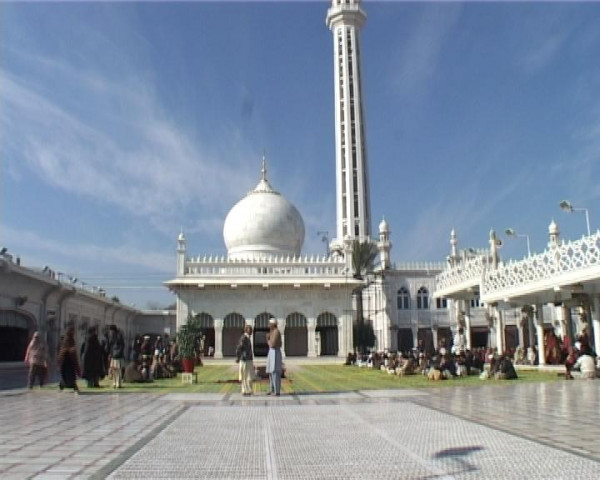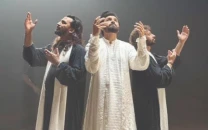Film festival at T2F: The Battle for Pakistan
The film touched on the very sensitive subjects of madrassa teaching and the ideology of extremism.

Directed by Maheen Zia and produced by Tehmina Ahmed, the 40 minute long film called The Battle for Pakistan threw light on the various aspects of madrassa teaching. Said Zia: “We tried to narrow down the concept, and based it more on the reforms in madrassas and their educational curriculum.”
The film touched the very sensitive subject, with forceful divulgence from clerics and bureaucrats holding powerful positions. The film also showed the point of view of the religio-political parties based here in the country and what each has to say about extremism, its birth in the land of the pure, to the proxy fought on our soil and various other indigenous factors responsible for creating the monster called Extremism in our midst.
“Four years ago, when we made the film, it was a great learning experience for us. We travelled to various other areas and felt that we ourselves got our own prejudices examined,” said Ahmed.
Zia said that making the film was a huge task. “People had reservations, as we talked to them on this subject.” Although stating quite frankly that nothing shocked her on her visits to the madrassas, Zia also noted: “I was surprised by the use of technology. Young children in one such madrassa would use microphones and reply to a teacher’s query, who was sitting in the other room. It seemed more of a helpless situation than a hopeful one.”
Zia further told the audience that as people had reservations in meeting them, they would then venture out “wearing big chaddars, to shoot this film”.
About their observations about the small children in the madrassas, Ahmed believed: “Most children in the madrassa came to Karachi from up north.” But was it poverty that forced the parents to part with their young ones? This remains a question that neither of the two could answer accurately.
As to sticking to the theme of reforms in madrassas, Zia said: “After the 9/11 episode, President Musharraf took a stand to bring about reforms in the madrassas. The clerics didn't want these madrassas to be reformed, but they had to take the reforms into account after sometime. Hence, the film is based on those lines.”
Interesting films from across South Asia were screened at the film festival at T2F.



















COMMENTS
Comments are moderated and generally will be posted if they are on-topic and not abusive.
For more information, please see our Comments FAQ